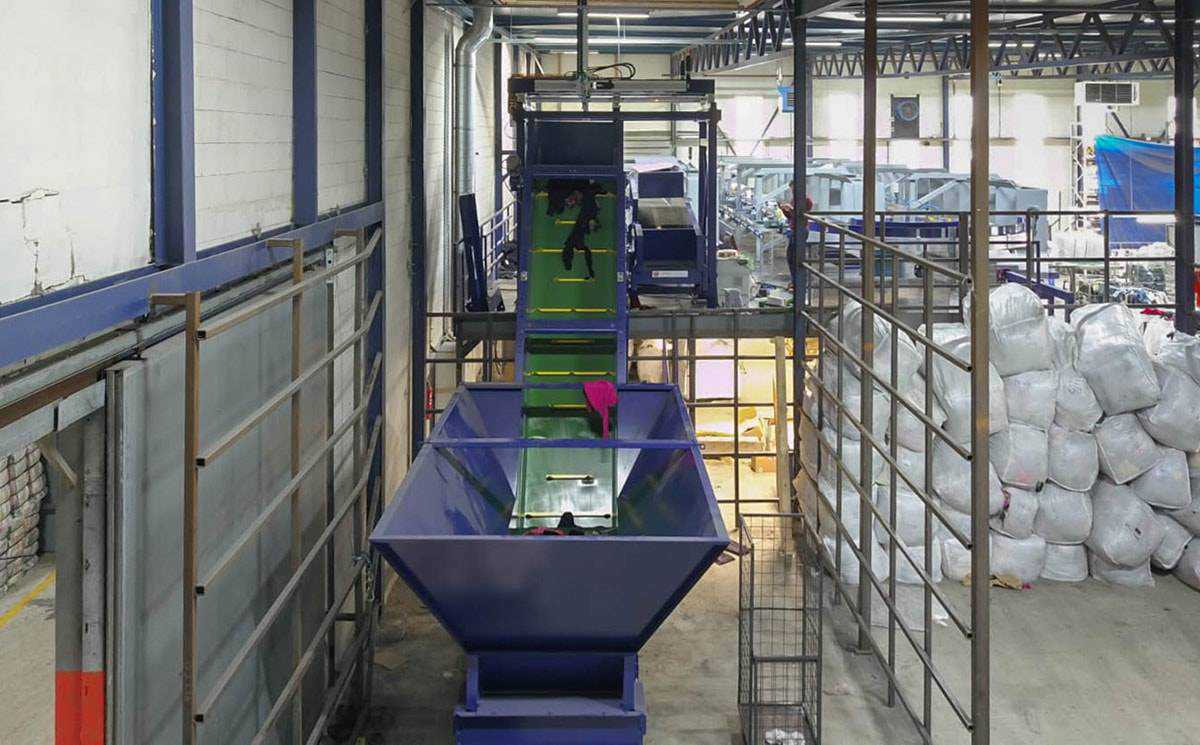Introducing Fibersort, a post-consumer textile sorting machine seeking to tidy up the industry
12 March, 2020

A cutting edge machine seeking to revolutionise textile to textile recycling by automatically sorting large volumes of post-client garments is now ready to go in Wormerveer, just outside of Amsterdam.
The Fibersort machine, a Near Infrared (NIR) based technology, is with the capacity of sorting around 900kg of post-consumer textiles per hour in 45 different fractions predicated on their fibre composition and colour. Fibersorted supplies have been validated by project partners and so are now all set for the market.
The technology, which includes been many years in the making, is part of a wider Fibersort project funded by Interreg NWE and comprising a consortium of companies including Dutch-based impact organisation Circle Overall economy, and Valvan Baling Systems, ReShare, Procotex, Worn Again Technology and Smart Fibersorting.
The project appears to tackle the style and textile industry’s problem of excessive waste. In North-West Europe alone, around 4,700 kilotonnes of post-consumer textile waste products are generated each year, regarding to Interreg NWE. Only 30 percent of this is collected separately - the rest is thrown into home waste.
The opportunities to scale the utilization of recycled textiles have become increasingly acknowledged in the style and textile industry as the notoriously wasteful sector attempts to completely clean itself up and meet growing consumer demand for more sustainable products and services.
“There are clear opportunities to successfully integrate automated sorting technologies and recycled post-consumer textiles over the value chain. In the last years, innovation possesses spurred across this sector of the industry,” said Circle Economy. “However, several difficulties remain to guarantee the long-term implementation of the technologies with regards to financial and specialized feasibility and also the opportunities to level. Collectors, sorters, recyclers, companies, brands and policymakers possess both opportunities and tasks to handle these challenges.”
Source: fashionunited.uk
